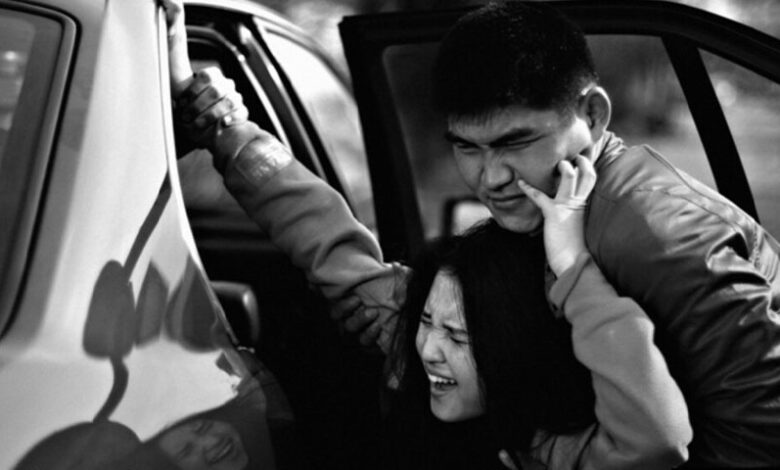Kazakhstan Toughens Laws to Combat Bride Kidnapping Practices

ISLAMABAD:In a significant move to curb the growing incidents of bride kidnapping, the government of Kazakhstan has announced plans to tighten its laws. This comes as reports indicate an alarming rise in cases of women being abducted for forced marriages, particularly in rural areas, which has prompted the introduction of a new bill in the country’s parliament.
Bride kidnapping, known locally as *alakchyu*, is a long-standing tradition in Kazakhstan and Kyrgyzstan, particularly in their rural communities. Despite being considered a cultural practice, it is increasingly recognized as a form of forced marriage and a violation of human rights. While few cases are brought to court due to ineffective legal support, the new legislative measures aim to combat this harmful practice.
In Kazakhstan, the issue remains rampant, with almost 60% of the population living in rural areas where such practices are more common. Bride kidnapping, while still prevalent in Central Asia and some parts of Sub-Saharan Africa, is usually carried out openly, often in public places, under the guise of a traditional marriage ceremony.
**The Process of Bride Kidnapping:**
The process typically involves a man selecting a woman he wishes to marry, notifying his family, and then tracking the woman’s movements to plan the abduction. With the help of relatives or friends, the man forcibly abducts the woman and takes her to his home, where his parents attempt to convince the bride’s family to approve the marriage. The entire event is orchestrated publicly to suggest that it is not an abduction, but a traditional part of the marriage process.
Once the woman is taken to the man’s home, his family contacts her relatives and tries to convince them to accept the marriage. If the woman resists, she is often subjected to physical or emotional coercion. Many times, due to societal pressures and the fear of being ostracized, the woman’s family reluctantly agrees to the marriage.
In some cases, women who initially resist the abduction later consent to the marriage, seeing it as a romantic gesture, particularly if they have feelings for the abductor. However, this often blurs the line between genuine consent and coerced agreement.
**The Legal Response:**
In response to growing concerns, Kazakhstan’s government has introduced stricter legal measures. The government aims to control the practice through sterilization policies and aims to reduce the frequency of forced marriages by regulating the procedures around forced unions and introducing harsher penalties for perpetrators. However, much work remains to be done, as the deeply ingrained cultural norms in rural communities make it difficult to eliminate this practice entirely.
International human rights organizations, including the United Nations, have long condemned forced marriages as a violation of human rights. According to a 2016 report by the International Labour Organization (ILO), more than 15 million people worldwide are currently living in forced marriages.
**The Human Rights Perspective:**
Women’s rights groups argue that even when women are coerced into marriage under the guise of a cultural tradition, it is still a form of violence and a violation of personal freedom. They stress that no woman should be forced into any form of marriage, and such practices are incompatible with international human rights standards.
Reports suggest that at least two women have been killed after resisting kidnapping attempts in Kazakhstan since 2018. This highlights the severe consequences of this practice, as many women find themselves trapped in a cycle of abuse and coercion, unable to escape due to social stigma.
In the 1990s, large-scale protests and public demonstrations against bride kidnapping forced the government to pass legislation in 1994, criminalizing the practice. Despite this, the tradition continues to persist in rural areas, highlighting the gap between legal frameworks and cultural practices.
**Looking Ahead:**
Kazakhstan’s new legal initiative is a step toward protecting women from the harmful effects of forced marriage and bride kidnapping. However, much more needs to be done in terms of public awareness, education, and stricter law enforcement to eliminate this practice once and for all. Human rights organizations and women’s groups are calling for the full implementation of the new laws and continued international pressure to ensure that forced marriages are eradicated, and women’s autonomy and dignity are upheld.
As Kazakhstan works toward curbing bride kidnapping, it serves as a reminder of the importance of addressing cultural practices that infringe upon basic human rights and the need for robust legal systems that protect the rights of all citizens, regardless of tradition.






